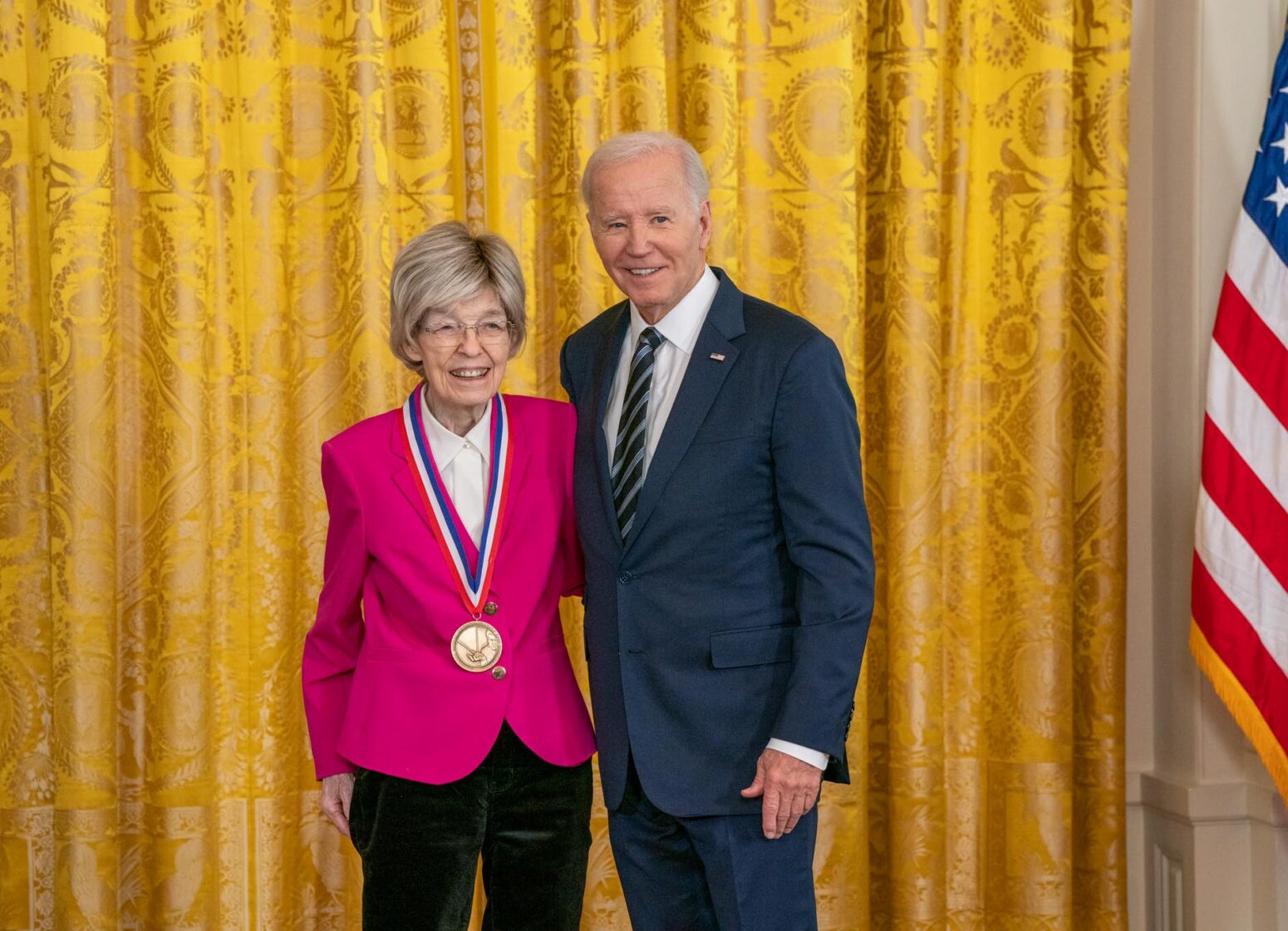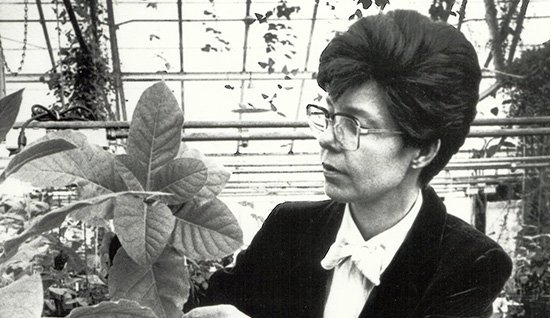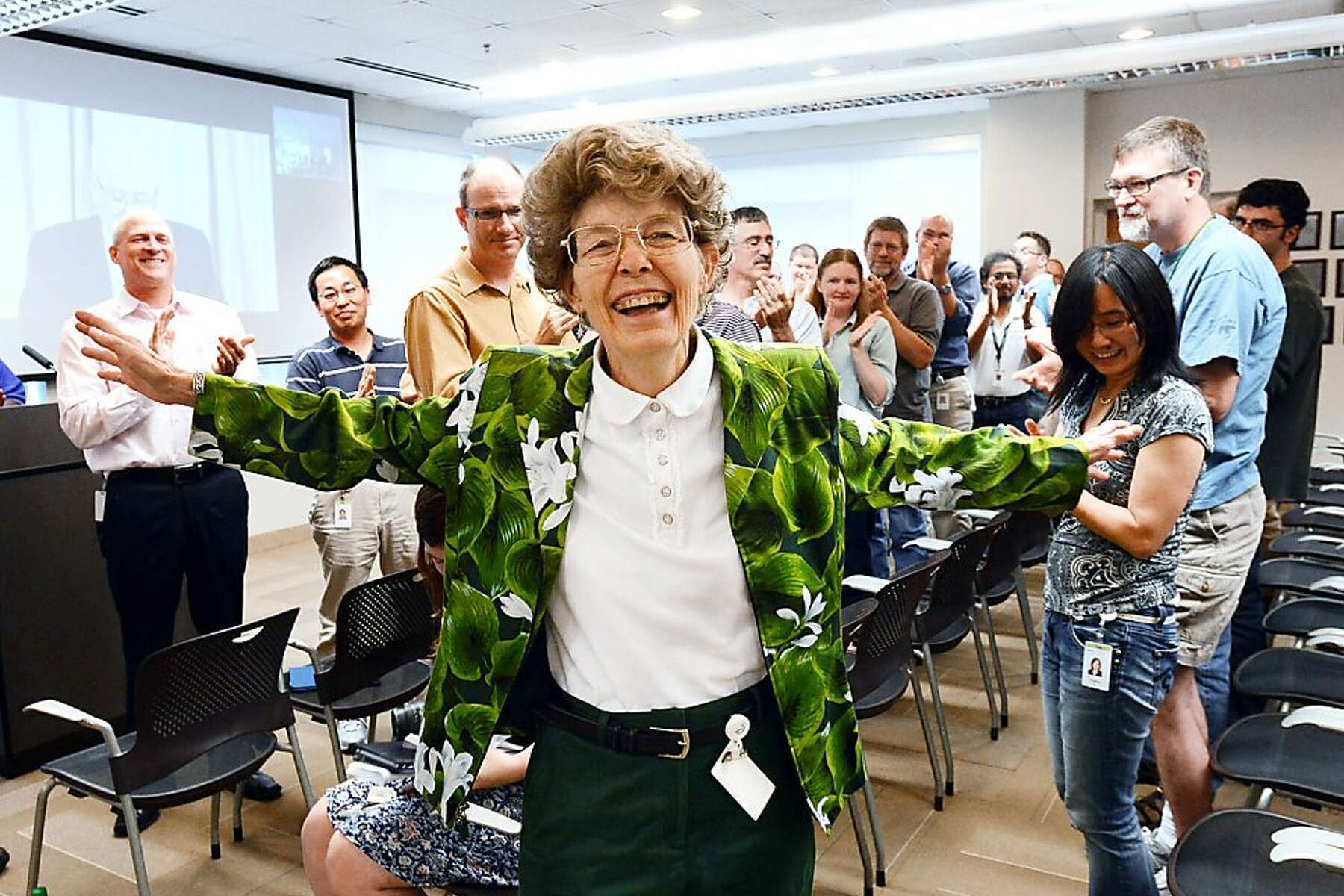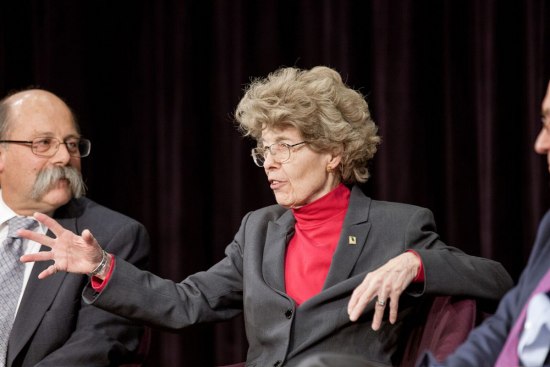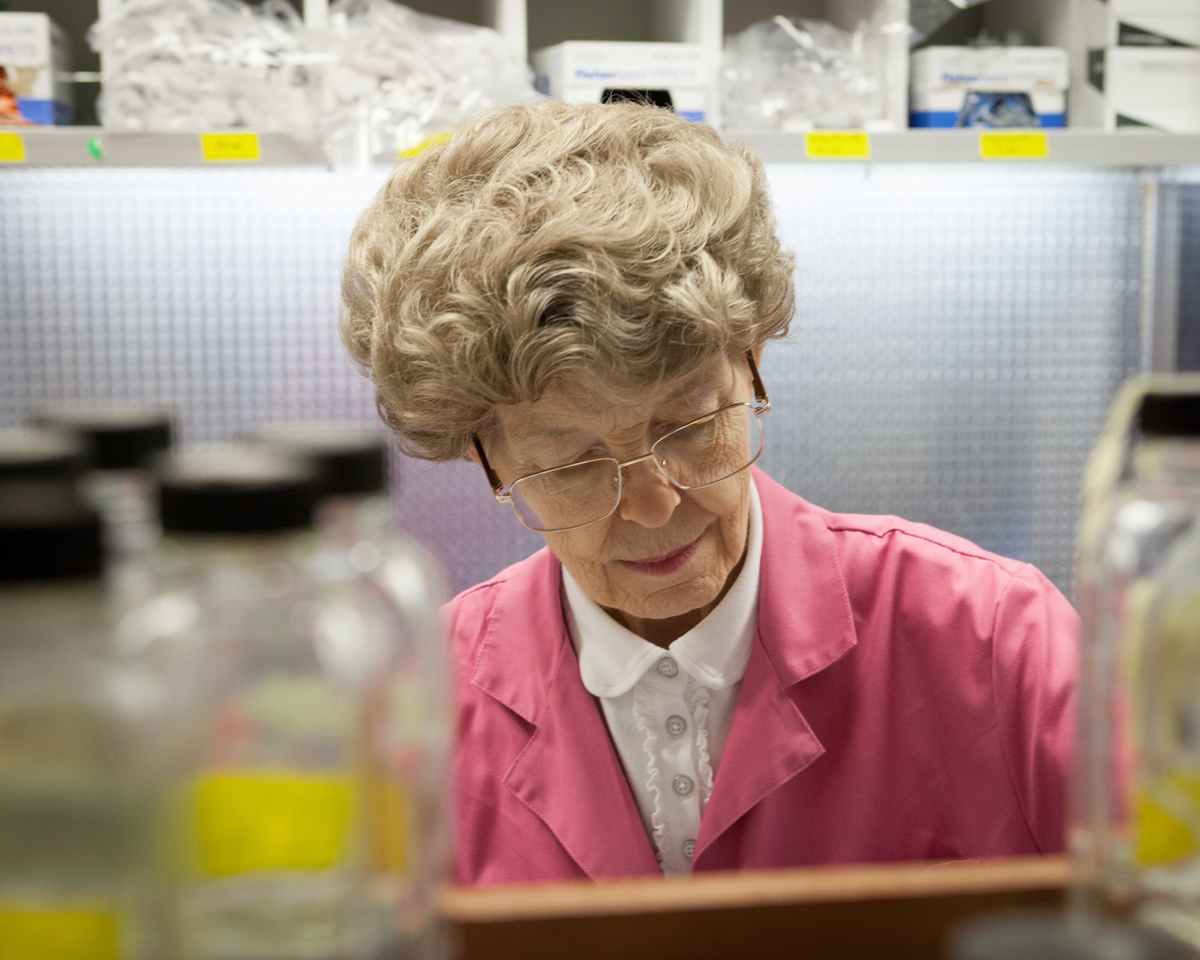While on faculty at Washington University in St. Louis, Mo., during the late 1970s and early 1980s, Dr. Mary-Dell Chilton, distinguished science fellow and founder of Syngenta’s biotechnology research labs, led a collaborative research study that produced the first transgenic (genetically engineered) plants. Her work pioneered the field of agricultural biotechnology and forever changed the way plant genetic research was conducted. She is recognized for her ground-breaking research and its continued impact on agriculture.
Dr. Chilton led the research team at University of Washington that was first to demonstrate that Agrobacterium transferred DNA into the genome of a host plant, changing it forever. The startling feat, instrumental in the eventual capacity to genetically modify plants, was published in Cell, the leading journal in molecular biology, in 1977.
Also while at Washington University, Chilton’s team was the first to successfully transfer a gene of choice using Agrobacterium into tobacco plants. In collaboration with Andrew Binns of the University of Pennsylvania, the team eventually grew the transformed seeds into the first transgenic plants and showed that the trait was passed on to progeny.
Dr. Chilton served for a decade as the administrative head of what is now Syngenta and continued conducting research as the facility expanded and additional R&D staff were hired. She gained the reputation as a legendary mentor of young laboratory scientists. More than 40 of these international scientists who worked as interns or post-docs at Syngenta lived temporarily with the Chilton family in North Carolina, dubbing their home the “Chilton Hilton.” She worked with many others at Syngenta on the great challenge of successfully transforming corn, cotton, and other crops.
Dr. Chilton has authored more than 100 scientific publications and received many honors, including the membership to the National Academy of Sciences, National Academy of Inventors, National Inventors Hall of Fame, as well as receiving the World Food Prize, Benjamin Franklin Medal in Life Sciences of the Franklin Institute, and the Hendricks Medal of the American Chemical Society.

